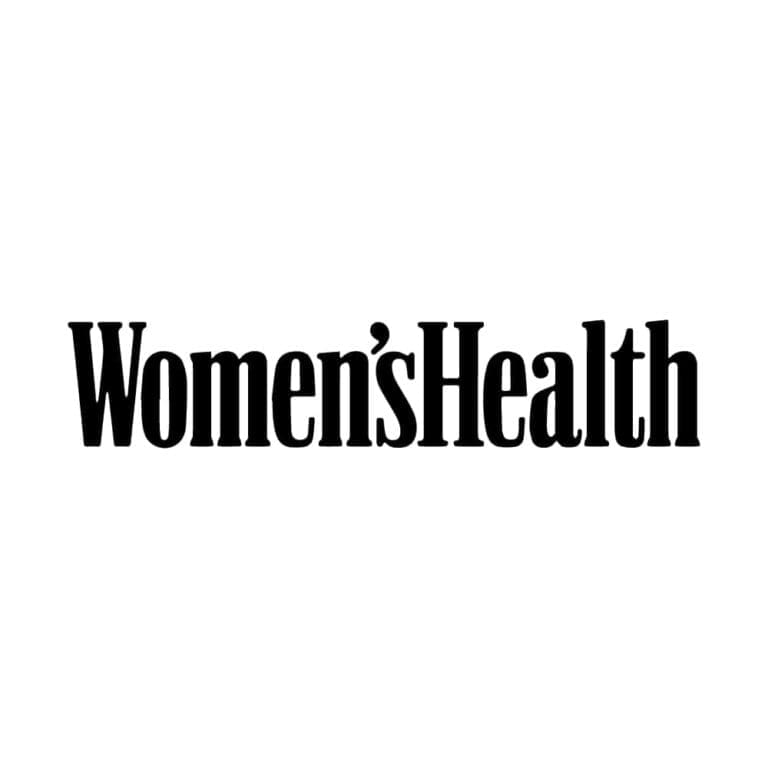Women’s health is a complex and multifaceted aspect of well-being that is influenced by various factors, including genetics, lifestyle choices, and hormonal fluctuations. Understanding the role of hormones in women’s health is crucial for optimizing fitness and overall wellness. From menstrual cycles to menopause, hormones play a significant role in a woman’s physical and mental health, affecting everything from energy levels to mood swings. In this article, we delve into the intricate relationship between hormones, fitness, and well-being, shedding light on how women can navigate their health journey more effectively.
The Impact of Hormones on Women’s Health:
Hormones are chemical messengers produced by the endocrine system that regulate numerous bodily functions, including metabolism, reproduction, and mood. In women, estrogen and progesterone are the primary sex hormones that govern the menstrual cycle and influence various aspects of health. Testosterone, although typically associated with men, also plays a role in women’s health, albeit in smaller amounts.
Throughout a woman’s life, hormonal fluctuations occur naturally in response to various stages and events, such as puberty, menstruation, pregnancy, and menopause. These fluctuations can have profound effects on physical and emotional well-being, as well as on fitness and exercise performance.
Menstrual Cycle and Exercise Performance:
One area where hormones significantly impact women’s fitness is during the menstrual cycle. The menstrual cycle is divided into two main phases: the follicular phase and the luteal phase. During the follicular phase, which begins on the first day of menstruation and lasts until ovulation, estrogen levels rise gradually, leading to increased energy and endurance for many women. This phase is often referred to as the “high hormone” phase, as estrogen levels peak just before ovulation.
Conversely, during the luteal phase, which occurs after ovulation and lasts until the start of menstruation, progesterone levels rise while estrogen levels decline. This phase is sometimes referred to as the “low hormone” phase and may be associated with increased fatigue, decreased energy levels, and changes in mood for some women.
Understanding these hormonal fluctuations can help women tailor their exercise routines to optimize performance and minimize discomfort. For example, during the follicular phase, when energy levels are typically higher, women may benefit from incorporating more intense or challenging workouts into their routine. Conversely, during the luteal phase, focusing on lower-intensity activities such as yoga or walking may be more beneficial for managing fatigue and mood swings.
Hormones and Muscle Growth:
Hormones also play a crucial role in muscle growth and strength development. Testosterone, although present in smaller amounts in women than in men, is essential for muscle repair and growth. Estrogen, on the other hand, helps maintain bone density and muscle mass, particularly as women age and estrogen levels decline during menopause.
Strength training is especially important for women to counteract the natural loss of muscle mass that occurs with age. By engaging in regular resistance training exercises, women can not only build and maintain muscle mass but also improve bone health and reduce the risk of osteoporosis.
Hormonal Imbalances and Women’s Health:
While hormonal fluctuations are a natural part of the menstrual cycle, some women may experience hormonal imbalances that can negatively impact their health and fitness. Conditions such as polycystic ovary syndrome (PCOS), thyroid disorders, and adrenal dysfunction can disrupt hormone levels and lead to symptoms such as irregular periods, weight gain, fatigue, and mood disturbances.
Incorporating regular exercise and maintaining a healthy lifestyle can help mitigate the effects of hormonal imbalances and improve overall well-being. However, it’s essential for women experiencing persistent symptoms to consult with a healthcare provider for proper diagnosis and treatment.
Personal Training for Women’s Health:
Navigating women’s health and hormones can be challenging, but it doesn’t have to be done alone. Personal trainers, like those at Holly Roser Fitness, offer specialized programs tailored to women’s unique needs and goals. With an emphasis on women’s health and wellness, Holly Roser Fitness provides individualized exercise plans, nutritional guidance, and support to help women achieve their fitness aspirations while optimizing hormonal balance and overall well-being.
In conclusion, understanding the role of hormones in women’s health is crucial for optimizing fitness and well-being. By recognizing how hormonal fluctuations affect energy levels, exercise performance, and muscle growth, women can tailor their fitness routines to maximize results and minimize discomfort. Additionally, seeking support from knowledgeable professionals, such as personal trainers specializing in women’s health, can provide valuable guidance and assistance on the journey to a healthier, happier life.
References:
- Prior, J. C., & Reifenstein, E. C. (2010). “Hormonal and pharmacological modification of cardiovascular risk factors in women: role of estrogen and other therapies.” Treatments in endocrinology, 9(2), 109–124.
- Teixeira, A. L., de Sousa, A. C., da Fonseca, A. M., Buescu, A., & Costa-Paiva, L. (2018). “The role of sex hormones in cervical cancer.” Menopause Review, 17(2), 65–69.
- Simmonds, M. J. (2014). “Physical performance and menstrual cycle phase.” European Journal of Applied Physiology, 114(9), 1809–1817.






